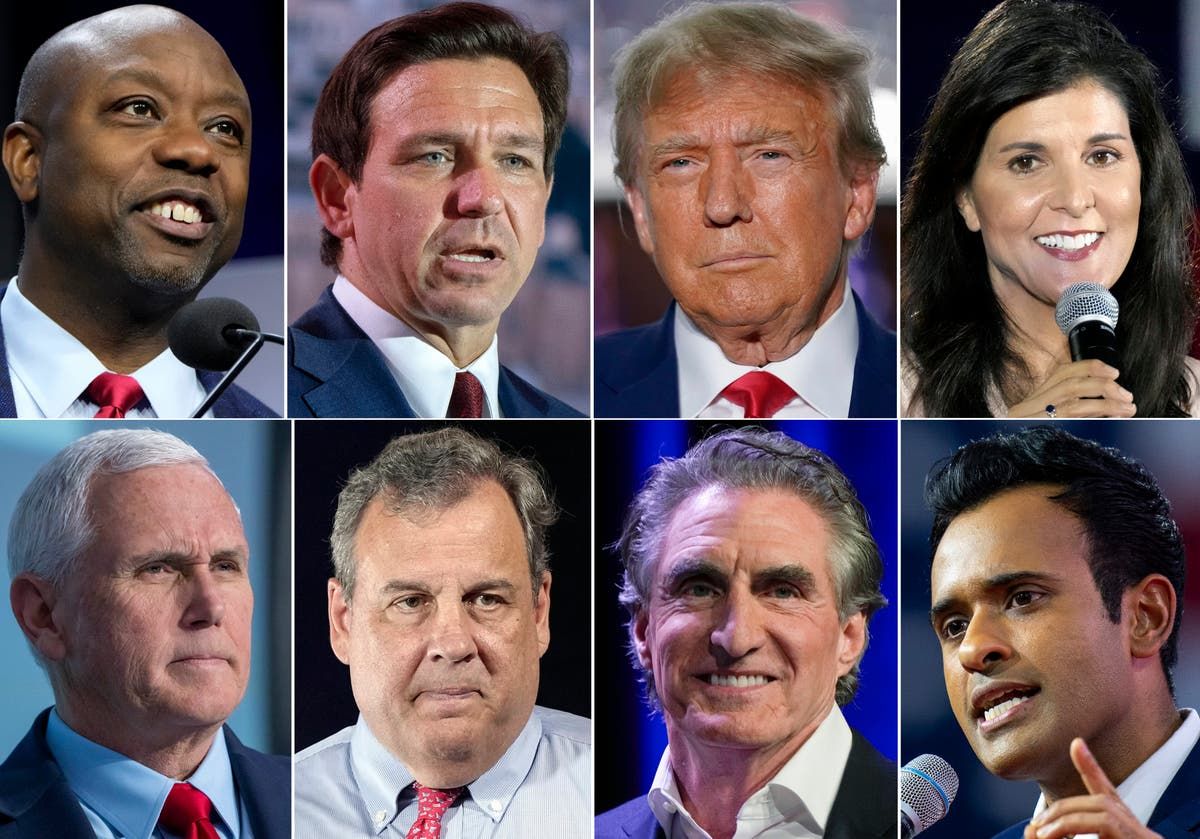Factors Influencing Debate Time

Presidential debates are a crucial part of the American electoral process, offering voters a platform to directly compare candidates’ policies and personalities. The duration of these debates, however, is not arbitrary. Several factors play a significant role in determining how long a debate will last.
Media Coverage
Media coverage significantly influences debate time allocation. Debates are major news events, attracting massive audiences and generating extensive media attention. Networks and news outlets compete to secure the most advantageous time slots for broadcasting debates, often prioritizing peak viewership hours. This competition can lead to pressure on debate organizers to accommodate broadcast schedules, potentially influencing the overall duration of the debates.
Audience Demographics
Audience demographics also impact debate time allocation. Debate organizers aim to engage the broadest possible audience, considering factors like age, political affiliation, and geographic location. Debates may be tailored to cater to specific demographics, potentially affecting the length and format. For instance, debates focusing on issues relevant to younger voters might be structured differently than those targeting older demographics.
Political Strategies, Presidential debate time
Political strategies employed by candidates and their campaigns play a significant role in determining debate time. Campaigns may strategize around the allotted time, aiming to maximize their candidates’ speaking opportunities or to focus on specific issues. Debates can be used to emphasize certain policy positions, attack opponents, or shape the public perception of a candidate.
Role of Political Parties, Campaign Managers, and Debate Moderators
Political parties, campaign managers, and debate moderators are key players in determining debate duration. Political parties often negotiate with debate organizers regarding the format and length of the debates. Campaign managers advise their candidates on strategies for maximizing their impact during the allotted time. Debate moderators have the responsibility of ensuring a fair and balanced discussion, often influencing the flow and timing of the debate.
Public Opinion and Voter Preferences
Public opinion and voter preferences significantly influence the length and format of presidential debates. Voters often express their preferences for specific topics or debate styles, which can shape the agenda and duration of debates. Public sentiment can influence the emphasis placed on certain issues, leading to longer discussions on topics that resonate with the electorate.
Implications of Debate Time on Election Outcomes: Presidential Debate Time

Presidential debates are a crucial part of the electoral process, providing voters with a platform to directly compare candidates and their policy positions. The duration of these debates can significantly impact how voters perceive candidates, influence campaign strategies, and potentially affect voter turnout and the overall election outcome.
Impact on Voter Perceptions
The time allotted for a debate can influence how voters perceive candidates’ strengths and weaknesses. Longer debates allow candidates to delve deeper into policy details, showcasing their knowledge and expertise. Conversely, shorter debates may force candidates to focus on sound bites and quick answers, potentially leaving voters with a less nuanced understanding of their positions. For example, in the 2020 US presidential debates, the shorter format of the first debate may have led some voters to focus on the candidates’ personal attacks rather than their policy stances.
Influence on Campaign Strategies
Debate time also shapes campaign strategies. With more time, campaigns can develop comprehensive talking points and prepare for potential attacks from opponents. Shorter debates, on the other hand, may necessitate a more reactive approach, emphasizing quick responses and key talking points. The 2016 US presidential debates, known for their heated exchanges, demonstrate how limited debate time can encourage candidates to focus on attack strategies rather than policy discussions.
Potential Impact on Voter Turnout
Debate time can also influence voter turnout. Engaging debates, especially those with a longer duration, can generate excitement and interest in the election, potentially motivating more voters to participate. Conversely, debates perceived as dull or repetitive may have the opposite effect, leading to decreased voter turnout. The 2012 US presidential debates, considered by some to be less impactful than previous debates, may have contributed to a lower voter turnout compared to previous elections.
Presidential debate time is a crucial moment in the political landscape, offering a platform for candidates to showcase their policies and engage with the public. One notable debate, hosted by Fox News, fox presidential debate , generated significant buzz, particularly for its focus on specific issues and its impact on the race.
These debates, however, are just a snapshot in the larger picture of the election cycle, and their influence on voters ultimately remains to be seen.
Presidential debate time is a crucial moment for voters to see candidates face-to-face and gauge their leadership potential. The abc presidential debate is likely to be a key event in this election cycle, offering insights into the candidates’ stances on crucial issues and their ability to articulate their vision for the future.
As the debates unfold, voters will be paying close attention to the candidates’ performances, looking for signs of strength, conviction, and a clear understanding of the challenges facing the nation.
